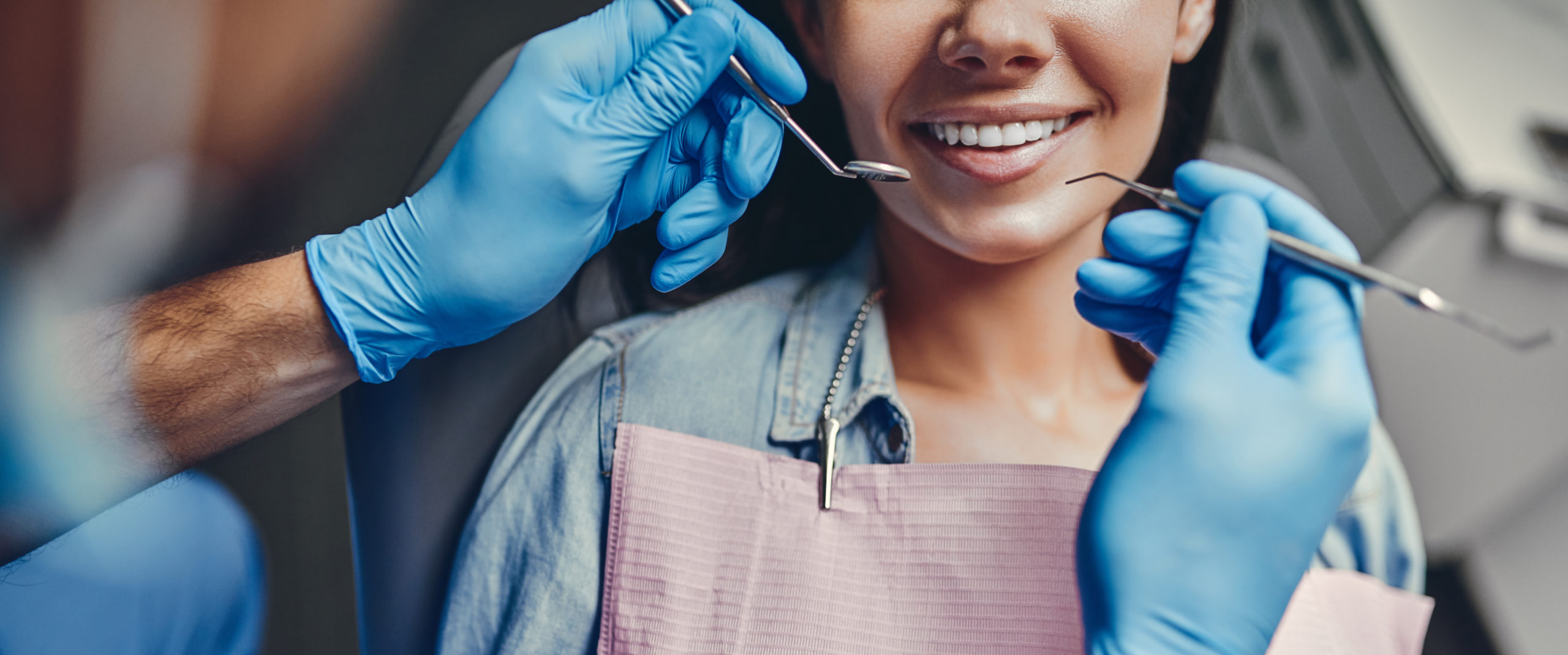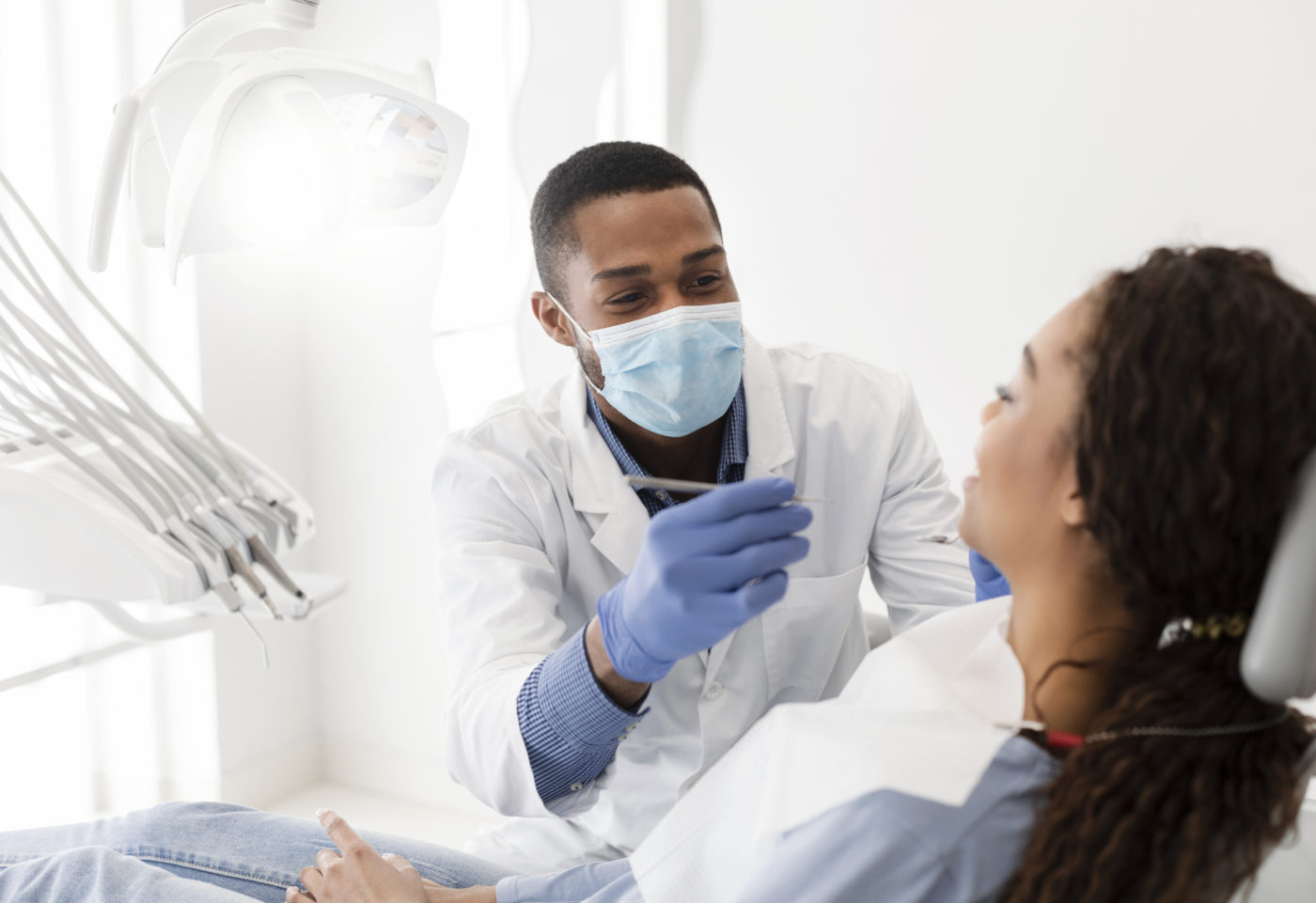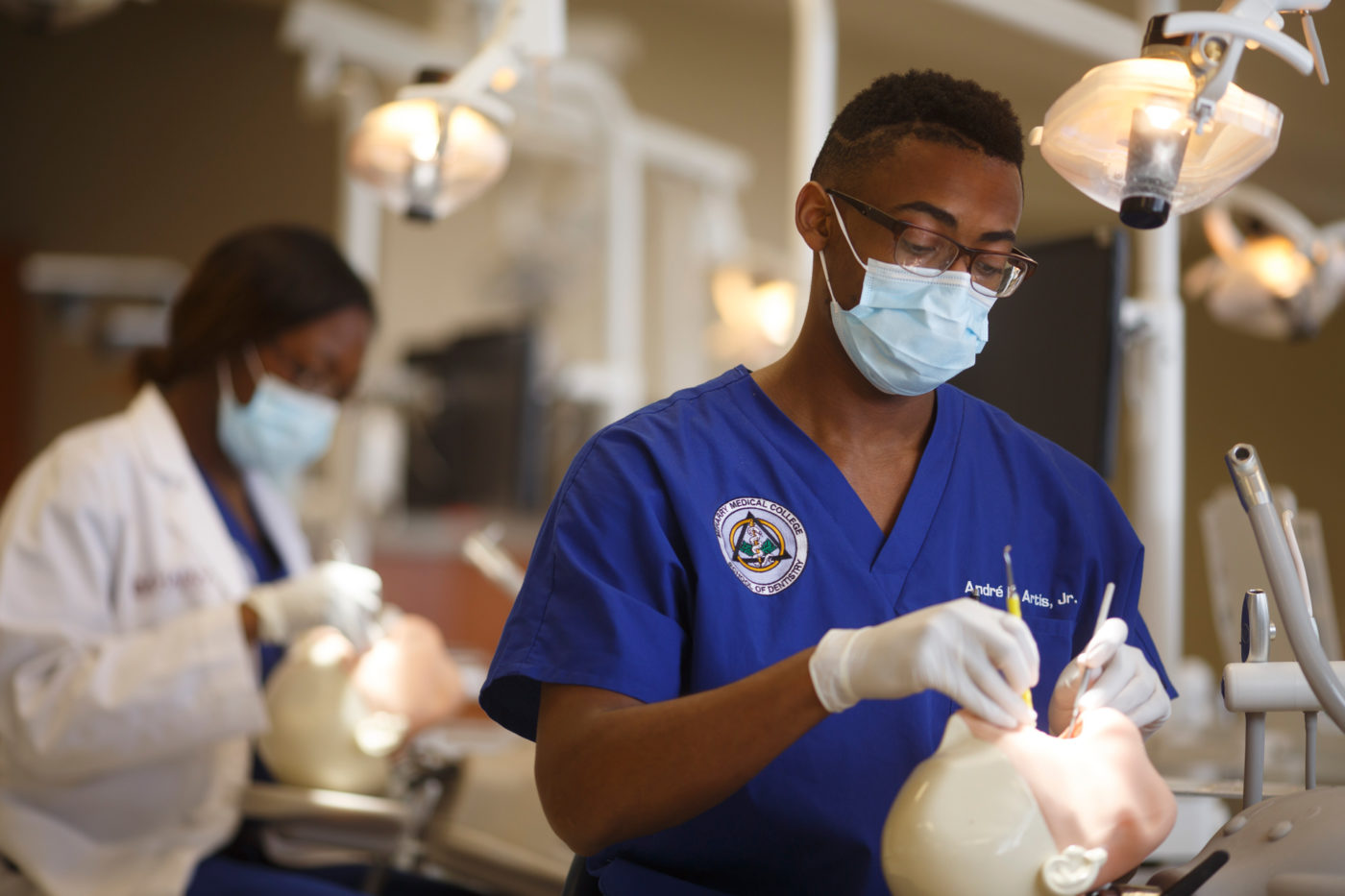Introduction
So, you want to be a dentist, but you have questions.
- Is dental school hard?
- What is the average dental school GPA?
- What is the dentistry school acceptance rate?
- Are there Ivy League dental schools like there are for medical schools?
- What is the application process like?
- How much does it cost to apply?
- How high of a DAT score do I need?
We’re answering all of these questions in today’s blog. Stay tuned for all the information you need to make informed decisions for your dental school applications.
Dental School Acceptance Rates
According to the American Dental Education Association, dentistry school acceptance rates have stayed much the same over the past 20 years. About 55% of applicants are accepted.
The dentistry school acceptance rates have varied slightly over the years, but that variance is mostly due to how many seats the school has available. For the same number of applications, a school with 10 open seats will have a lower acceptance rate than a school that has 50 open seats.
Another reason for changing dentistry school acceptance rates is how many dental schools there are. In 2000, only 55 dental schools were open. Now, in 2022, there are 68 schools. More schools mean more open seats for incoming students, thus increasing the overall dentistry school acceptance rate.
GPA and DAT Scores
Pre-med students fear the MCAT. Pre-dental students fear the DAT: the Dental Admission Test. It’s a standardized, multiple-choice test that analyzes your readiness for dental school. Pre-dental students study for it extensively with the hopes of scoring well. The better your score, the better chance you have of getting into dental school.
So, how well do you need to score? A competitive DAT score ranges from 20-22 per test section. If you score between 18-19, your scores are good. But scoring a 17 or below is a fair/poor score. It means you need to improve your knowledge in that area. You’ll be able to get into average dental schools, but it will be very difficult to get into excellent schools.
Nervous about getting into a certain school? We recommend checking that school’s website to see if they have DAT score requirements. You can also check to see what the average DAT scores are for their five most recent incoming classes. This will show you where you’re at; you might be surprised. Your score might be right where you need it to be, or you might have room for improvement. Either way, you’ll know, and that knowledge can help you get into dental school.
Your dental school GPA should be competitive. The range you’re aiming for will depend on where you want to go. We recommend researching schools early on to see where your GPA should be. Your dental school GPA paired with your DAT score will make a huge impact on whether you get into dental school.
Application Costs
So, how much does it cost to apply to dental school? Application costs quickly add up, especially if you apply to multiple schools. The ADEA AADSAS application costs $259 for your first school. Additional schools cost $112 each.
Dental school comes with primary and secondary applications. The ADEA AADSAS application is your primary application. Each school to which you’re applying has its own application, known as a secondary, which comes with its own fee. Thankfully, secondaries are not nearly as expensive as primaries. They average $80.
Then there’s your interview. Now, COVID-19 temporarily changed how interviews were conducted. Most interviews moved to virtual settings via apps like Zoom or Google Meet. This process worked so well for some schools that virtual interviews have become a permanent option. But in some cases, you’ll still need to travel for your interview. If you live far away, you’ll need to factor in travel costs. Estimate gas or flight costs (depending on whether you drive or fly), food, transportation, and a hotel room if it’s not a one-day trip.
It can easily cost thousands of dollars to apply for and get into dental school. If you know you want to go to dental school, it’s advisable to save up. Having said that, there are fee waivers you may qualify for if you truly cannot afford to pay for your primary application.
Many secondary schools will also waive application fees if your ADEA AADSAS application fee gets waived. You could also ask for help from family and friends if you can’t get your fees waived. But please don’t let the expense prevent you from applying to dental school if becoming a dentist is what you truly want for your career.
Mistakes to Avoid
Just like with any other application, making mistakes can increase your difficulty in getting into dental school. By avoiding the following mistakes, you’ll have an easier time getting into dental school and becoming a dentist. Likewise, making smart choices will help you. Keep reading for our best tips!
Late Application
This probably seems like common sense, but it happens, so we’re including it here. Submitting your application late will make it very difficult for you to get into dental school. Not only will some schools deny you for being late, but most schools operate on a rolling admissions system.
They review applications, interview candidates, and extend admission offers to applicants as those applications come in. They don’t wait until the application period closes. So, if you’re late, chances are you won’t get in because there isn’t any room left.
Because of the rolling admissions system, we highly recommend submitting your application as early as possible. Doing so will give you the best shot at getting noticed and securing an interview. The later you submit your application, the less of a chance you have. You’ll likely need to wait for the next admissions cycle.
Average Personal Statement
Your personal statement is your opportunity to show the admissions committee how you’re different; how you stand apart from the rest of the crowd. Submitting a mediocre personal statement about how you like teeth and have always wanted to be a dentist won’t get you noticed.
But writing an essay about lackluster dental hygiene in your community and your desire to change that will get you noticed. We recommend making it personal, too. Maybe you’re a first-generation college student. Maybe you’ve had to overcome many obstacles to get where you are today. If it ties into your journey towards dental school, you can include it. The more personable and relatable you are, the better your chances of getting interviewed.
Messy ADEA AADSAS Application
We know filling out your primary application isn’t exactly fun. But it’s important to get it right. Admissions committees will look over sloppy applications in search of strong applications. They want to find the students who stand out. Those are the applicants who will get offered admission.
If you need help submitting a strong application, please don’t hesitate to reach out to us. International Medical Aid offers dental school admissions consulting. We can help you fill out your application or review it for you to ensure it meets the standard of quality that admissions committees will notice.
Interview Approach
You’ll want to approach your interview like it’s the biggest day of your life. While you’ll likely have bigger days in your life, you don’t want to underestimate how important this is. Scoring an interview with a dental school means they’re impressed with you. They’re considering offering you admission into the next incoming class. You’re a step closer to reaching your career goals.
We recommend reviewing the types of questions you might be asked and thinking about how you would answer. However, please don’t memorize responses to questions. You don’t want to look like you’re reciting an essay, nor do you want to read an answer to a question during an interview.
Once you’ve scheduled your interview, you should look on the school’s website for information about what to expect. Many schools have a menu for prospective students. Your interview will likely be traditional, MMI, or group-based.
Knowing what type of interview you’ll have will help you come prepared. You wouldn’t prepare for an MMI interview the same way you’d prepare for a traditional interview. And you would approach a closed-file interview differently than an open-file interview. We’ve covered the different types of interviews and closed-file vs. open-file interviews if you’d like to learn more about them.
Only Applying to “Reach” Schools
A “reach” school is a dental school you really want to attend, but it’s really hard to get into because of how competitive it is. Don’t get us wrong. It’s good to apply to your dream school. The problem is when you only apply to your dream school. By doing so, you’re severely limiting your choices. We recommend applying to a mix of schools. Ideally, if you can afford to, you should apply to around 15 schools.
You should have three categories of schools to which you apply: reach, target and safety schools. Your target schools are the dental schools that have requirements you meet. Your DAT and GPA scores should be in line with their averages. You have as good a chance at getting in as anyone. You should exceed the requirements for your safety schools. Your GPA and DAT scores should be higher than their averages.
Essentially, your dream schools are a reach. You might get an interview, but the chances are slimmer than for a target school. You’ll have plenty of competition to get into one of your target schools, but your chances are as good as the next person. You’ll more than likely get into your safety schools because you exceed their requirements. Your application will certainly stand out.
The idea is to reach for your dreams while also being practical. You could get into your dream school, and it would be amazing if you did. But you want to set yourself up for success in case you don’t. That’s what your target and safety schools are for; at the end of the day, you just need to get into at least one school so you can begin the journey towards becoming a dentist.
Conclusion
So, is dental school hard? Yes. Both the application process and the education you’ll go through in dental school are hard. The application process helps weed out applicants to find the very best who will go on to become exceptional dentists. Is dental school hard? Yes. Is dental school worth the effort? Absolutely. If you know you want to become a dentist, we encourage you to apply to dental school.
If you need help along the way, please don’t hesitate to reach out to us. International Medical Aid offers dental school admissions consulting for pre-dental students. We understand what a difficult process it can be; we’re here to provide our services.
While you’re here, check out the 10 best dental schools in the United States. You might find your reach schools on this list.
- University of Kentucky College of Dentistry
- Harvard University School of Dental Medicine
- Howard University College of Dentistry
- Arizona School of Dentistry and Oral Health
- Missouri School of Dentistry and Oral Health at A.T. Still University
- University of Connecticut School of Dental Medicine
- LECOM School of Dental Medicine
- Case Western Reserve University School of Dental Medicine
- Meharry Medical College School of Dentistry
- Western University of Health Sciences College of Dental Medicine
We wish you the very best on your journey to dental school! International Medical Aid is here if you need any help along the way.



